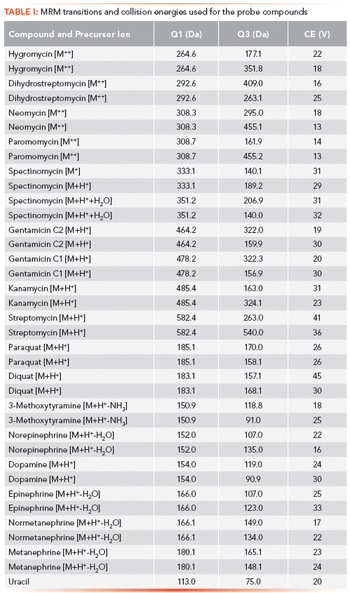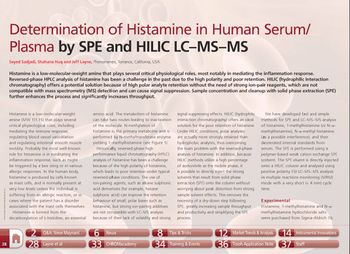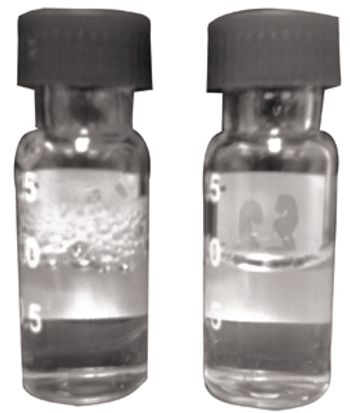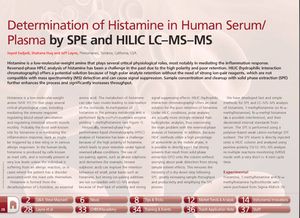Articles by Seyed Sadjadi

Ion-pairing chromatography has traditionally been implemented with the addition of an ion-pairing reagent into the mobile phase. Here, an alternative method is presented, in which the ion-pairing reagent is deposited on column as a sample additive instead of in the mobile phase.

Reversed-phase HPLC analysis of histamine has been a challenge in the past due to the high polarity and poor retention. HILIC (hydrophilic interaction chromatography) offers a potential solution because of high polar analyte retention without the need of strong ion-pair reagents, which are not compatible with mass spectrometry (MS) detection and can cause signal suppression.

When working with complex matrices such as personal care products, sample preparation is perhaps the most difficult step of the analysis process. By utilizing a targeted sample preparation technique, such as ion-exchange SPE, analysis can be significantly improved as compared to less targeted techniques such as liquid-liquid extraction.

Barbiturates are a class of antidepressants whose abuse and addiction by recreational users has become a widespread problem (www.nlm.nih.gov). In our work we strived to streamline the barbiturate screening process to provide a fast, cost-effective, and reproducible method from start to finish for forensic labs who are involved in high-throughput processing.

Testosterone was extracted from human serum by strong anion exchange polymeric SPE and analyzed using a Kinetex C18, 30 ? 2.1 mm, 1.7 ?m column and positive polarity ESI LC–MS-MS system. Kinetex sub-2 ?m core-shell technology offers higher efficiencies than traditional sub-2 ?m columns, producing greater chromatographic resolution, sensitivity, and higher peak capacities.










